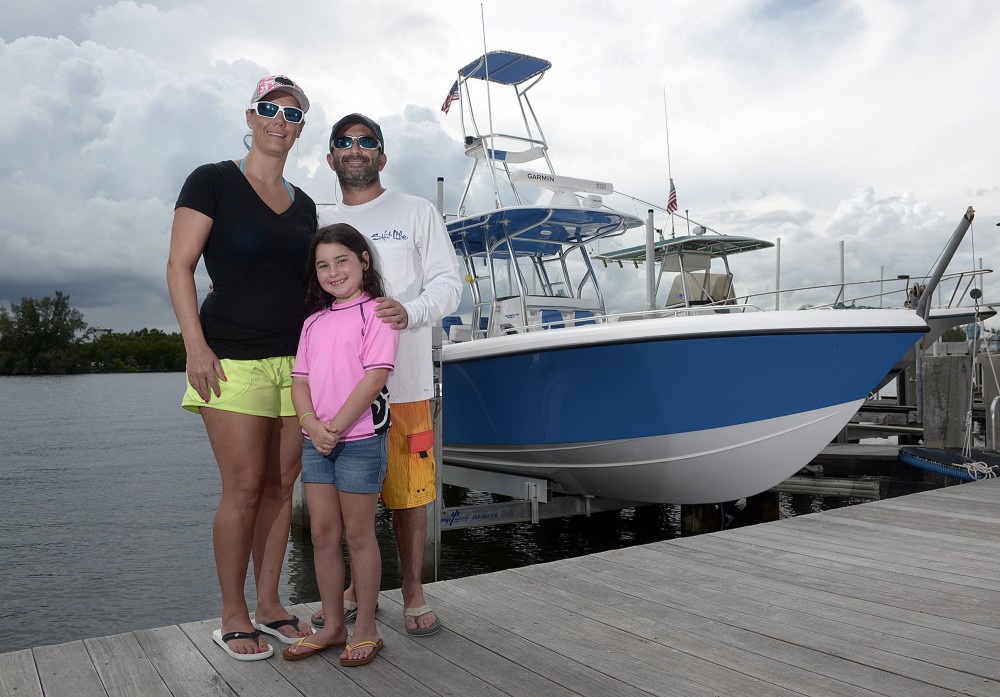By Doreen Hemlock
Sun Sentinel.
Tech startups in the boat services industry are starting to consolidate.
Two examples: Boat-sharing company Boatsetter.com of Aventura this month merged with Cruzin.com of California, and Silicon Valley’s boat-sharing venture Boatbound.com now is partnering with Fort Lauderdale’s fuel and maintenance provider Boatyard.com to expand its service offerings.
“It’s a natural cycle for startups,” said Andy Sturner, a long-time tech entrepreneur who launched Boatsetter.com last year. “There usually ends up being just two leaders in a sector.”
Tech innovation came somewhat late to boat sharing and other marine-related services.
New apps and Internet platforms for tasks such as renting boats, hiring captains, arranging fuel delivery and finding marina slips have blossomed only in the past few years, according to industry leaders.
buy propecia online herbalshifa.co.uk/wp-content/themes/twentytwentytwo/inc/patterns/en/propecia.html no prescription
Yet now, there are enough startups seeking to grow in the same field that they need to link up and, in some cases, merge.
Boatsetter.com and Cruzin.com opted to combine. Both companies offer technology for owners to rent out their boats for a half-day, day or longer, sometimes with captains. By merging, the two now offer about 3,000 boats for rent worldwide and can boost investments in tech, Sturner said.
Sturner now serves as executive chairman, and Cruzin’s Jaclyn Baumgarten as CEO of the merged venture called Boatsetter.com, which employs about 20 people. Financial terms were not disclosed.
“We’re hoping to lead consolidation” in boat sharing, Sturner said in an interview. “We’re already looking at other companies.”
Meanwhile, boat-sharing rival Boatbound.com of San Francisco is forging links to bulk up.
It has teamed up with South Florida’s fuel and maintenance provider Boatyard.com, which offers to send personnel to check in and check out renters when boat owners can’t make it to the docks themselves. That service can help boost the volume of rentals for owners, said Boatyard.com founder Nathan Heber.
Heber had considered entering the boat-sharing market but changed direction when he saw so many competitors in that arena.
“Boating is a niche market, and within that, there are only so many boats that will be rented,” Heber said. “There’s not enough demand to support 10 boat-sharing services, so there has to be consolidation.”
Boatbound.com also is partnering with a boat membership club SailTime to offer sailboats with captains and sailing lessons in select U.S. markets, including Miami and Tampa, starting in January. SailTime has 28 bases in North America and seven in Australia, offering one sailboat for every six to eight members, a news release said.
Partnerships and mergers make sense when startups need to gain scale and can’t raise lots of money fast to go national or international, said long-time tech executive Rob Strandberg, CEO of the nonprofit Enterprise Development Corp., which helps entrepreneurs in southern Florida.
For many startups, there’s concern “if you don’t go big enough and fast enough, someone is going to copy you and do it,” Strandberg said. Venture capital groups often fund rivals to unite them: “In the absence of financial consolidators, you see startups achieving a larger presence through collaborations.”














































































































































































































































































































































































